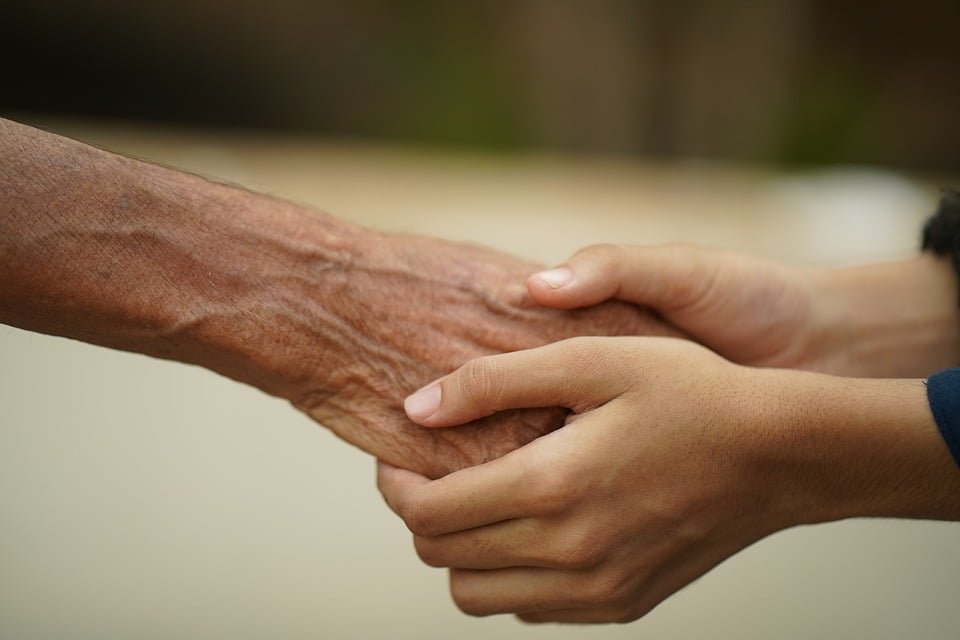Green Party MP Charalambos Theopemptou on Saturday called for assisted dying to be legalised in Cyprus.
Reacting to the bill on the matter which is making its way through the United Kingdom’s parliament and passed its second reading on Friday, he said, “I feel the need for us to have such legislation.”
To this end, he said he “congratulates” Akel MP Irene Charalambides, who put forward a bill on the subject in October.
He said he hopes the bill will be discussed soon in parliament, with the legal service currently examining it.
“It will take many years for the legislation to be implemented, so I hope it will reach parliament soon so it can be discussed. I am sure there will be many who have objections, but we must never forget that we are talking about human suffering,” he said.
When Charalambides announced the bill in October, she stressed that “death is a given”, and that as such, “we respect the human right for patients to choose how they wish to go”.
She also pointed out that 30 Cypriots have travelled to Switzerland to undergo euthanasia or go through an assisted dying procedure, given that both are legal in the country.
Theopemptou’s intervention on Saturday clarified the difference between those two matters, saying that “in assisted dying, a fatal dose of the drug is given to the patient, who takes it themself, while in euthanasia, it is administered by the doctor”.
Charalambides’ bill includes a number of safeguards, including mandated consultations with a medical board, psychologists, and psychiatrists, with the aim of ensuring that the decision is being made for valid medical reasons.
Euthanasia is currently legal in nine countries, with the Netherlands having been the first in the world to legalise it in 2002. Since then, Belgium, Luxembourg, Colombia, Canada, Spain, New Zealand, Portugal, and most recently Ecuador have all made euthanasia legal.
Assisted dying is legal in Austria, Belgium, Canada, the Netherlands, Portugal, Spain, Switzerland, 10 states and the District of Columbia in the United States, and everywhere in Australia with the exception of Northern Territory and the Australian Capital Territory, though the latter plans to legislate to change this soon.
In Cyprus, Charalambides’ bill had faced some pushback from both the Cyprus medical association and patients’ federation Osak, with both expressing concern that a change in the law would encourage people suffering from a disease to look for an end.
They added that a bill should therefore be put down to ensure access to palliative care for all, given that palliative care is only available for cancer patients as part of a privately run service.
The debate surrounding euthanasia and assisted dying in Cyprus became a topic of discussion during and after the trial of British pensioner David Hunter, who killed his wife in Paphos.
Hunter’s wife, Janice, was suffering from myelodysplastic syndrome, a form of cancer in which immature blood cells in the bone marrow do not mature, and as a result, do not develop into healthy blood cells.
Hunter was tried after having killed her, had said his wife had begged him to kill her. He was eventually found guilty of manslaughter and released after having served 19 months in prison while awaiting his trial. The attorney-general has appealed the verdict.







Click here to change your cookie preferences